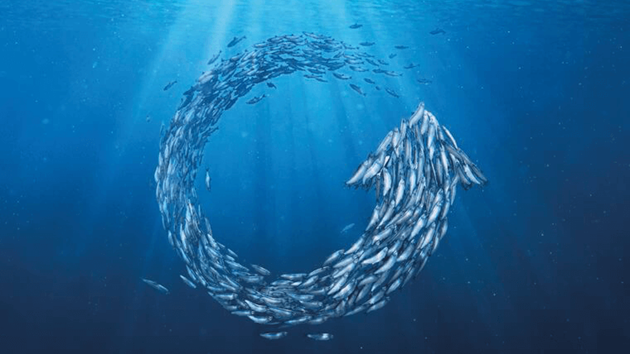Designed for Levels 3-5, we investigate the concept of a ‘sustainable catch’ and the role that science plays in sustainable fisheries management.
Dive in and explore
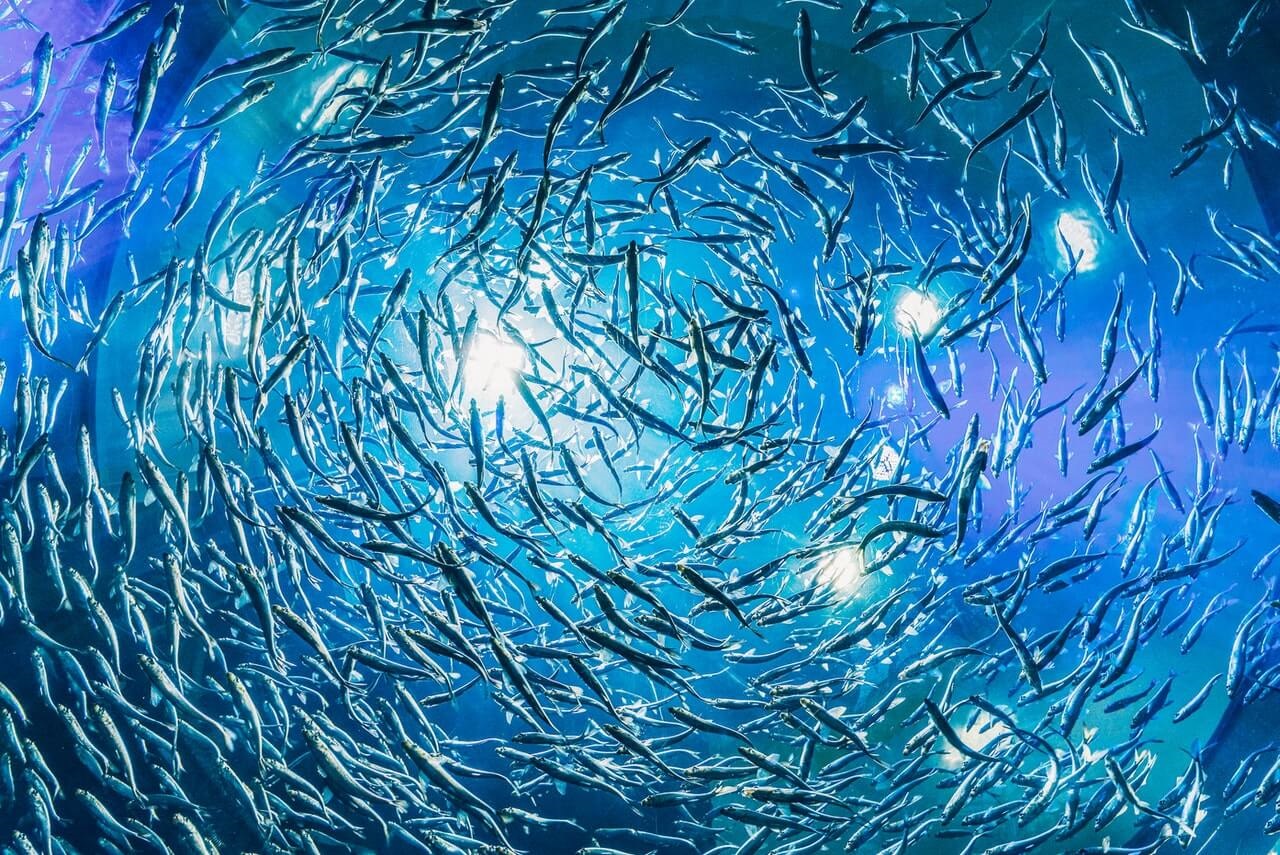
Sustainable fishing and a sustainable catch
Activities develop understanding around the concepts of sustainable fishing and a sustainable catch
🎚 Level: 5+
⌚ Duration: 45 + minutes
✍ Curriculum areas: Science, Social Science, Geography, Tikanga-ā-iwi, Hauora
🌟 Key competencies: Thinking; Managing self; Relating to others
🔤 Keywords: Overfishing, Bycatch, Food web, Ecosystem, Maximum Sustainable Yield, Scientists
📌 Location: Indoors
⏭ Next steps (this topic): Scientists & the Maximum Sustainable Yield; Fisheries Science Aotearoa
⏭ Next steps (other topics): Well managed fisheries
📚 Prior learning: Overfishing; Sustainable fishing
Sustainable fishing is fishing that maintains fish stocks and the environment where fish live.
Focus Questions:
What is sustainable fishing?
What do we mean by a 'sustainable catch'?
Learning outcomes:
Describe the idea of 'sustainable fishing' and a catch of fish that is a 'sustainable catch'
Materials:
Sustainable Fishing & Sustainable Catch SLIDES
Sustainable fishing and sustainable catch OUTLINE
Video clips on 'Overfishing' and 'Sustainable Fishing'
Sustainable Fishing Concept Cards (see Sustainable fishing and sustainable catch OUTLINE)
Scissors
Internet access for film clips and Kahoot
Brainstorm template (slide 16)
Cloze (fill in the gap) activity (slide 18)
Copies of Sustainable fish stocks WORKSHEET
Paper and something to write with
Activities include:
WATCH a film What is the MSC and why is certified seafood important [1:29]
DISCUSS value of knowing where your kai moana comes from and the meaning of sustainable catch and sustainable fishing
INVITE a grandparent or kaumātua to visit & talk about how fishing has changed
WATCH video clips on ‘Overfishing’ and ‘Sustainable Fishing’
PLAY with sustainable fishing concept cards to deepen understanding
Complete the QUIZ on Kahoot (MSC Sustainable Fishing Concepts)
WATCH a short film about Marine Stewardship Council’s three sustainable fishing principles [0:52]
WATCH a film clip about Sustainable Fish Stocks [2:34]
READ and answer questions using Sustainable fish stocks WORKSHEET
Complete a CLOZE activity
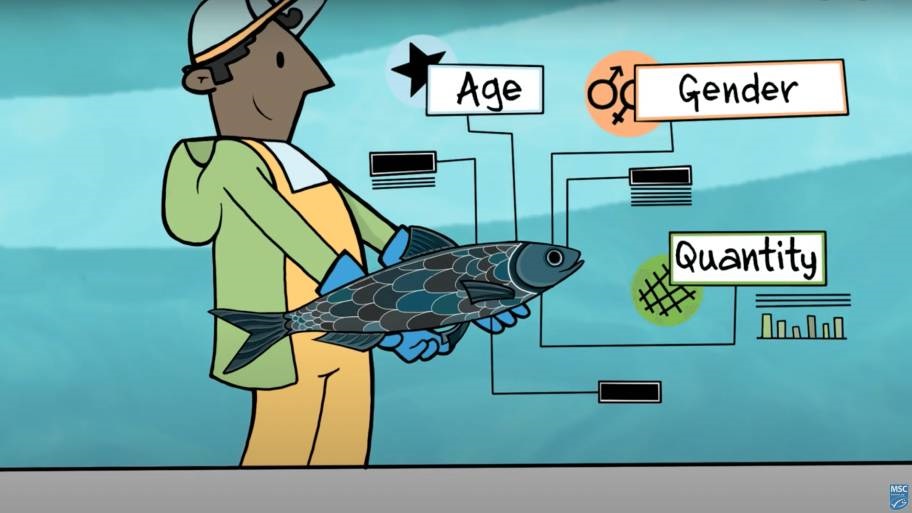
Scientists and Maximum Sustainable Yield
Activities explore the role that science and scientists play in working out how many fish we can sustainably catch.
🎚 Level: 5+
⌚ Duration: 45+ minutes
✍ Curriculum areas: Science, Social Science, Geography, Tikanga-ā-iwi, Pūtaiao, Hauora
🌟 Key competencies: Thinking; Managing Self; Relating to others
🔤 Keywords: Fish stock, Migration, Mortality, Abundance, Sustainability, Biomass
📌 Location: Indoors
⏭ Next steps (this topic): Assessing fish stocks in Aotearoa; When fish stocks decline; Reviewing key concepts
⏭ Next steps (other topics): Well managed fisheries; Environmental impacts of fishing
📚 Prior learning: Overfishing; Sustainable fishing
Sustainable fishing sounds easy! But working out whether fish are being fished sustainably is tricky. Scientists collect data and use mathematical formulas such as the ‘Maximum Sustainable Yield’ to help them work out what level of fishing can occur without causing a decline in fish stocks.
Focus Questions:
What is 'maximum sustainable yield’?
What is the role of science in ensuring fisheries are sustainably fished?
What new words and concepts have we learnt?
Learning Outcomes:
Understand the concept of Maximum Sustainable Yield (MSY)
Investigate the role of science in ensuring fisheries are sustainably fished
Use scientific and fishery related vocabulary
Materials:
Scientists & Maximum Sustaianble Yield OUTLINE
Copies of Go Fish! Vocab cards (Teacher OUTLINE page 6)
Access to Quizlet
One or more scientific papers (see Teacher OUTLINE)
Activities include:
DISCUSS how fish stocks grow and shrink over time
CREATE a diagram showing fish populations changing over time
TEST knowledge of key words using the Go Fish Vocab Cards (see Teacher outline)
PLAY the Go Fish! Game
BRAINSTORM and CATEGORISE factors affecting sustainability of catches
INVESTIGATE biomass and fishing effort in sustainable yield calculations
DISCUSS importance of fish size for sustainable fishing
INVESTIGATE what research topics fisheries scientists look at
STUDY a scientific paper about fish or fisheries
DISCUSS the role of fisheries scientists and scientific protocols for research and presenting research
REFLECT and DISCUSS MSY for a fishery
LIST new words learnt and write a meaning for each new word
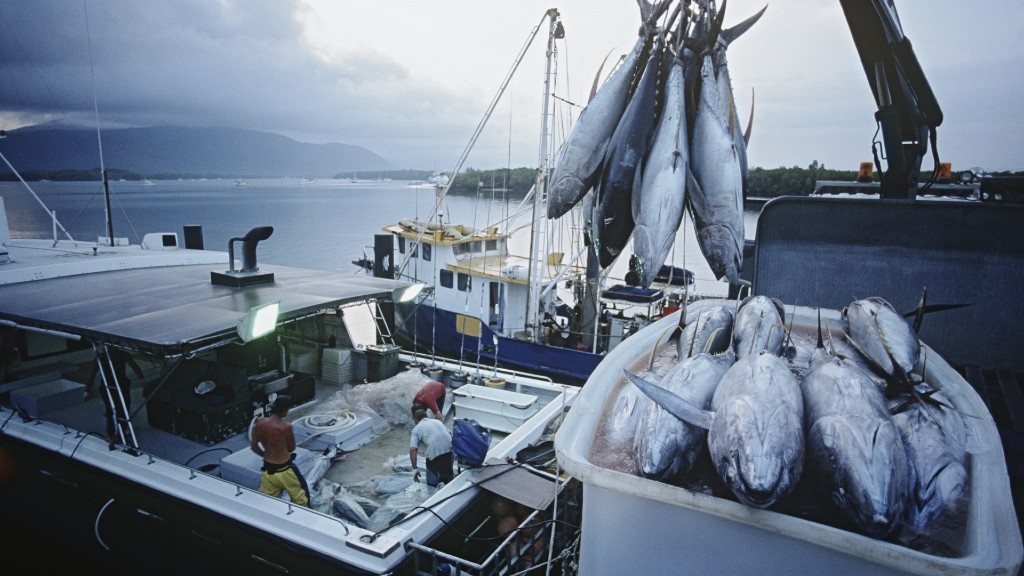
How fish stocks are assessed in Aotearoa
Activities investigate how scientific data is used to assess the sustainability of fisheries in Aoteaora New Zealand.
🎚 Level: 5+
⌚ Duration: 45+ minutes
✍ Curriculum areas: Science, Social Science, Geography, Tikanga-ā-iwi, Pūtaiao, Hauora
🌟 Key competencies: Thinking; Managing Self; Relating to others
🔤 Keywords: Scientist, Sustainable fisheries management, Fish stock, Commercial fisheries, Fishery observers, Quota Management System, QMS, Abundance
📌 Location: Indoors
⏭ Next steps (this topic): When fish stocks decline; Reviewing key concepts
⏭ Next steps (other topics): Well managed fisheries; Environmental impacts of fishing
📚 Prior learning: Overfishing; Sustainable fishing
In Aotearoa New Zealand commercial fishers must report their catches and sometimes fishery observers go out with commercial fishers to collect extra information. Scientists use all this information to get an idea of how many fish there are (abundance).
Focus Questions:
How do we assess fisheries in Aotearoa New Zealand?
What is the role of science in ensuring fisheries are sustainably fished?
What new words and concepts have we learnt?
Learning Outcomes:
Describe how we assess the sustainability of fisheries in Aotearoa New Zealand
Investigate the role of science in ensuring fisheries are sustainably fished
Use scientific and fishery related vocabulary
Materials:
Assessing NZ fish stocks SLIDES
Scientists & Aotearoa Fisheries OUTLINE
A fisheries scientist story WORKSHEET
Internet connection
Something to write with
Activities include:
DISCUSS the QMS and the role of scientists in figuring out how many fish there are
WATCH the short film about Fishing observer Holly Lane [1:15]
READ A Fisheries Scientist Story (WORKSHEET) and ANSWER questions
INVITE a local fisheries scientist to come and talk about their job
INVESTIGATE how we determine the age of a fish and what we know about the status of NZ fisheries
REFLECT and DISCUSS – What role do scientists play in looking after fisheries under the QMS?
LIST new words learnt and write a meaning for each new word
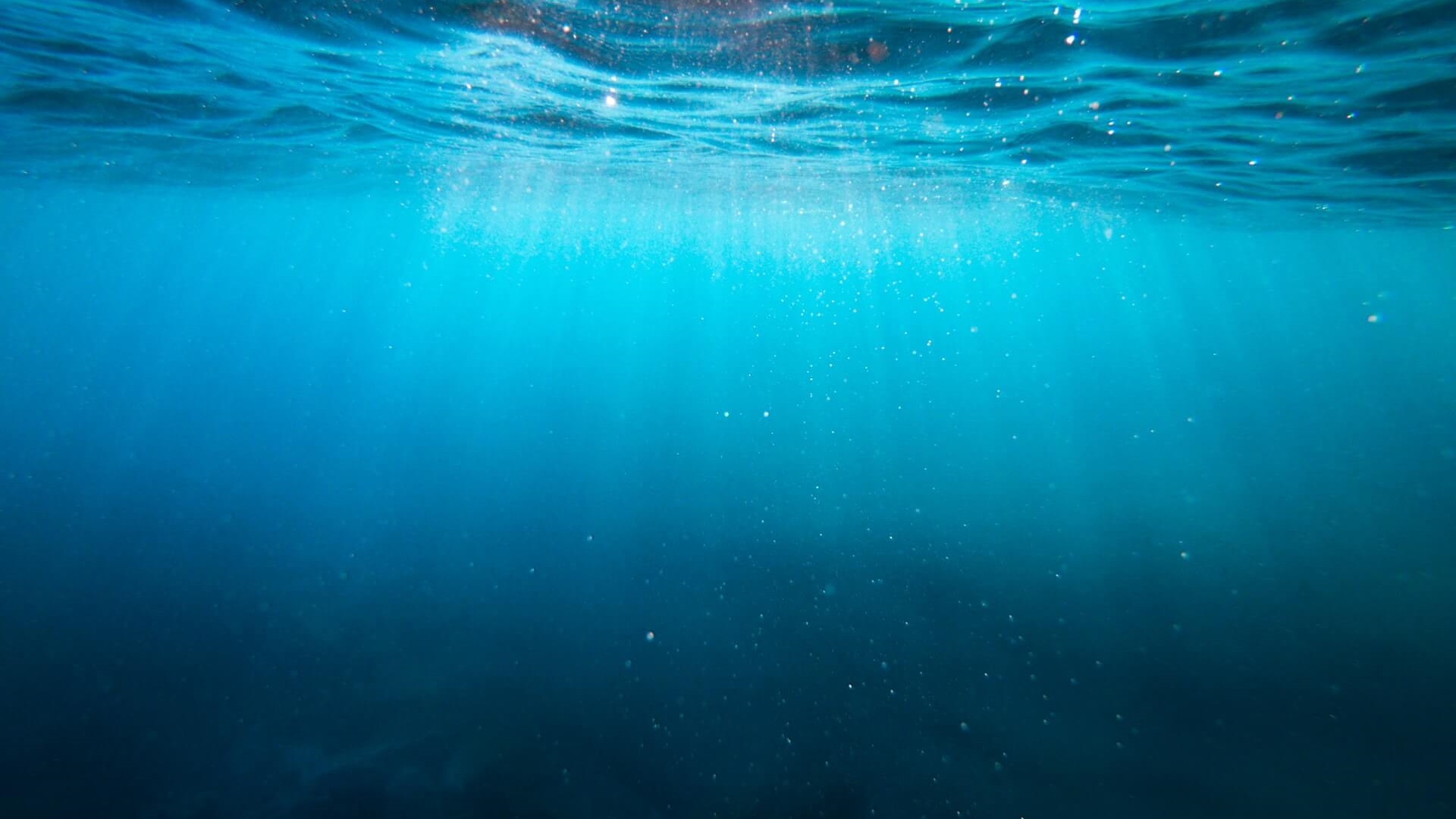
When fish stocks decline
Activities investigate the consequences of declining fish stocks, and look at some real world examples of fisheries / kai moana species that have declined and the actions that have been taken here in Aotearoa New Zealand.
🎚 Level: 5+
⌚ Duration: 45+ minutes
✍ Curriculum areas: Science, Social Science, Geography, Tikanga-ā-iwi, Pūtaiao, Hauora
🌟 Key competencies: Thinking; Managing Self; Relating to others
🔤 Keywords: Habitat, Invertebrate, Vertebrate, Pelagic, Adaptation
📌 Location: Indoors
⏭ Next steps (this topic): Reviewing key concepts
⏭ Next steps (other topics): Well managed fisheries; Environmental impacts of fishing
📚 Prior learning: Overfishing; Sustainable fishing
When fish are fished unsustainably the number of fish declines. This has environmental, social, cultural and economic consequences.
Focus Questions:
How are people and environments impacted when fisheries are fished unsustainably?
What new words and concepts have we learnt?
Learning Outcomes:
Explain two or more impacts on people and environment when fisheries are fished unsustainably
Use scientific and fishery related vocabulary
Materials:
When Fish Stocks Decline SLIDES
Fishery decline and Review key concepts OUTLINE
Copies of news items about fisheries in decline
Question cards
Something to write on and with
Activities include:
BRAINSTORM what impacts there are on the environment and people when fish stocks decline
CATEGORISE answers under one of the three headings: (1) Environmental, (2) Economic and (3) Social and Cultural
READ about Aotearoa New Zealand examples of fish stocks declining and quota being cut and complete the activity provided (see Teacher OUTLINE)
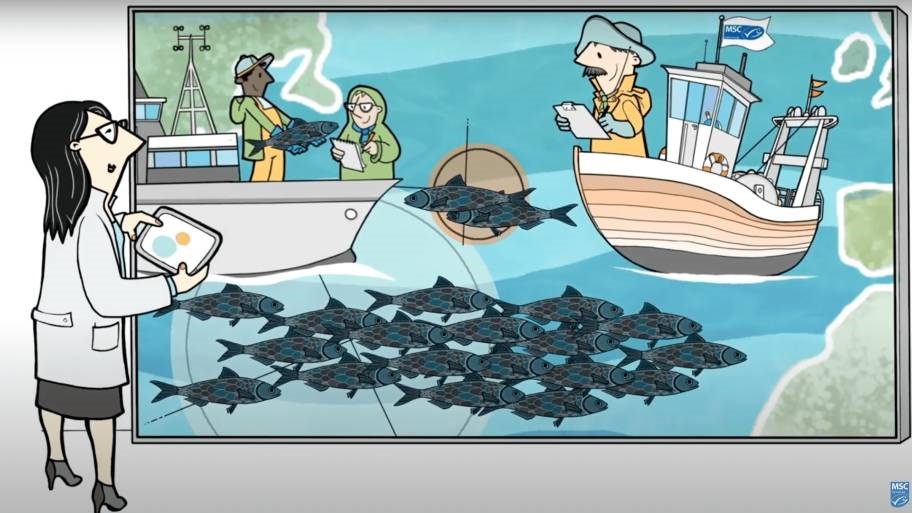
Review Key Concepts
Activities are designed to reinforce and review what we learnt in this topic.
🎚 Level: 5+
⌚ Duration: 20+ minutes
✍ Curriculum areas: Science, Social Science, Geography, Tikanga-ā-iwi, Pūtaiao, Hauora
🌟 Key competencies: Thinking; Managing Self; Relating to others
🔤 Keywords: Scientist, Sustainable fisheries management, Fish stock, Commercial fisheries, Fishery observers, Quota Management System (QMS), Abundance
📌 Location: Indoors
⏭ Next steps (this topic): When fish stocks decline; Reviewing key concepts
⏭ Next steps (other topics): Well managed fisheries; Environmental impacts of fishing
📚 Prior learning: Overfishing; Sustainable fishing
Review key learning from this topic.
Focus Questions:
How are people and environments impacted when fisheries are fished unsustainably?
What new words and concepts have we learnt?
Learning Outcomes:
Explain two or more impacts on people and environment when fisheries are fished unsustainably
Use scientific and fishery related vocabulary
Materials:
Fishery decline and Review key concepts OUTLINE
Something to write on and with
Science & Sustainable Catch Review SLIDES
Internet access – Kahoot and/or quiz slides
Activities include:
DEFINE key terms
ACT out definitions of key concepts
Take the Kahoot QUIZ or use the review quiz provided (see Slide Set)
CREATE your own Kahoot

Back to Topic 2
Ecology - He kura kainga te moana, he kura huna te moana
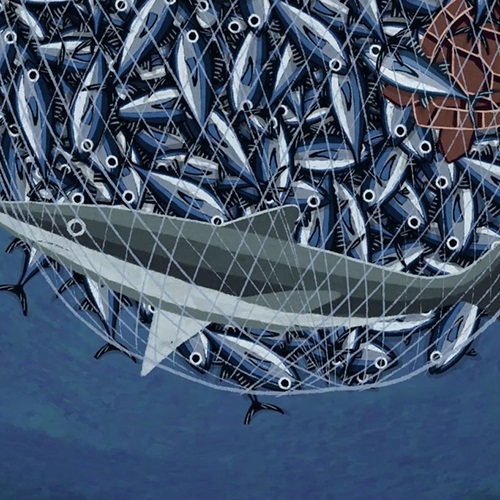
Forward to Topic 4
Protecting the marine environment - He tapu te wai, he ora te wai
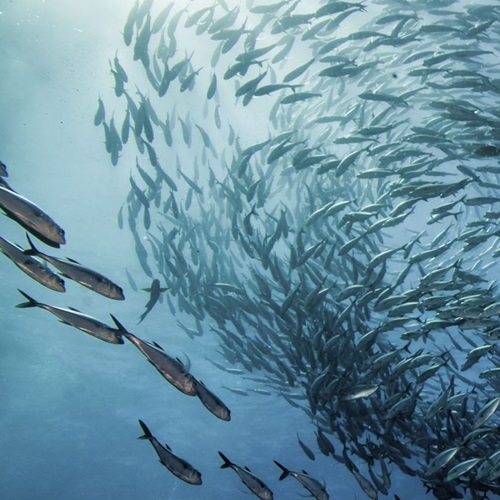
Topic Selector
Te Kawa o Tangaroa: all topics
Explore more

Featured{{item.Headline}}
{{item.Description}}
Sign up for teacher updates
Each quarter, we'll feature the latest education resources, upcoming calendar dates, competitions and the very best ocean-related stories.


